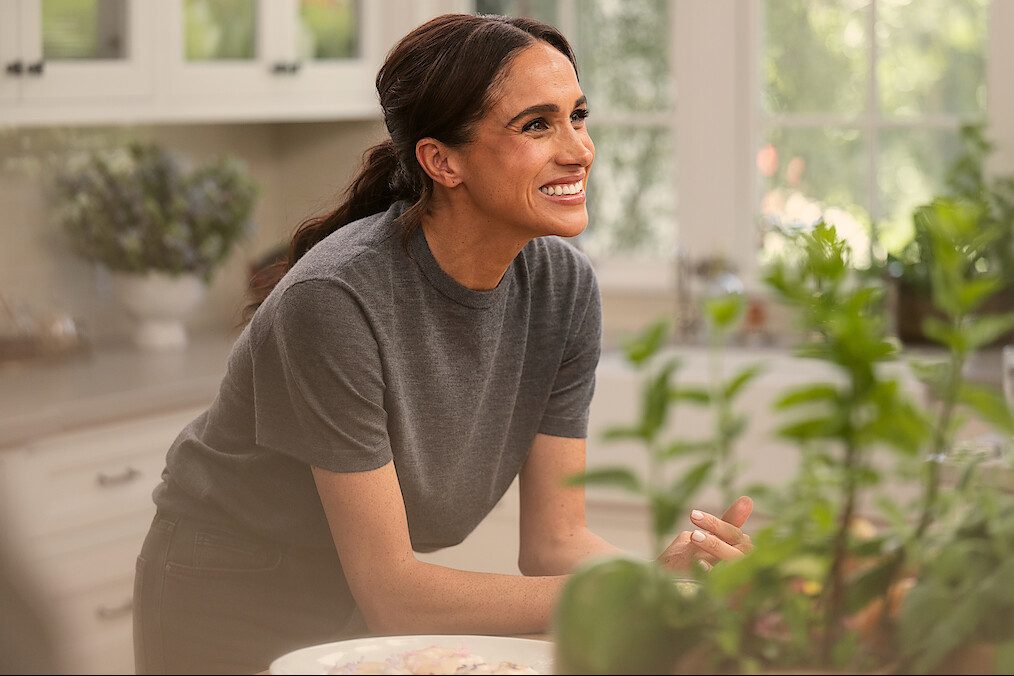“What are your intentions toward my daughter?” said my husband, screwing an imaginary monocle into his eye. We had been trying to work out what intentional living meant, with regard to the Duchess of Sussex’s new brand of flower sprinkles and raspberry jam. “The collection is infused with joy, love, and a touch of whimsy,” says the publicity. “Thoughtfully curated, As Ever celebrates intentional living.” Intentional living could be the opposite of assisted dying, I suppose. It is quite a puzzle. “The debut As Ever collection showcases eight intentionally designed products, personally developed by Meghan, Duchess of Sussex,” says another bit of PR. In the OED, the meaning “on purpose” for intentionally is illustrated by a quotation from Benjamin Jowett’s translation of the Apology of Socrates: “I never intentionally wronged anyone.” Intentionally there translates Plato’s ĕkōn, which in the context means “purposely,” rather than “as far as I know.” Socrates might remember tripping someone up in the Agora, but he didn’t mean to.
The Duchess seems so interested in intentional acts that I was wondering whether to send her a copy of Intention by Elizabeth Anscombe (1957), “one of the masterworks of 20th-century philosophy in English” as her posthumous PR people put it. Food for thought and no mistake. But, no matter how much I infused the wrapping paper with joy, I wonder whether the Duchess might not be beyond anything dreamt of in Anscombe’s philosophy. “Extinction of lust, craving and desire, and cessation of suffering are accomplished by perseverance in the noble eightfold path,” wrote Sir Monier Monier-Williams in his book Buddhism. One of those paths is sati, “right mindfulness.” Shalini Bahl, the author of Return to Mindfulness, “develops mindfulness solutions for intentional living.” I’m just off to find joy in cooking my husband’s supper. If he says it’s too raw, I’ll say it’s intentional.
This article was originally published in The Spectator’s May 2025 World edition.


























Leave a Reply